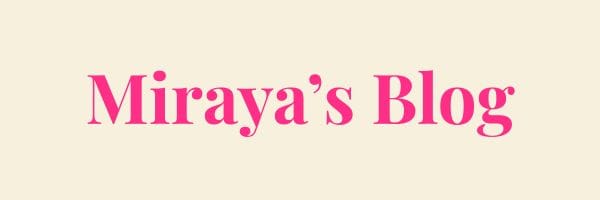Truth and Trends: Who gets Heard in a Noisy World?

In a giant room with eight billion people, almost each holds a megaphone. They can speak freely, anytime, about anything. At first, it sounds like a utopia for free expression. Everyone finally gets a voice. But after a few minutes, you realise the problem. The only voices getting heard are the ones yelling the loudest.
That's the internet in 2025. A place where free speech technically exists, but attention, the thing that gives speech power, isn't distributed equally. The dream was to democratize communication. The result was something else entirely: an attention lottery where outrage, not truth, usually wins.
The Freedom to Be Heard Problem
Free speech has always been a noble idea. It assumes that if everyone can share their perspective, the truth will eventually rise to the top. The problem is, truth doesn't trend as well as spectacle.
Platforms like X (formerly Twitter), Instagram, and YouTube don't reward accuracy or nuance. They reward engagement. The more dramatic, emotional, or simplified a story is, the more clicks, shares, and comments it gets, and the faster it spreads. The system doesn't care why you're engaging, only that you are.
A study from MIT in 2018 found that true stories take six times longer to reach a given size (1,500 people) compared to false stories. Why? Because lies are usually designed to shock or provoke. Truth is slower, quieter, and often kind of boring in comparison. If you post a careful, evidence-based analysis, it's like whispering in that giant room. But if you post something that triggers anger or fear, you're suddenly holding a loudspeaker with a built-in spotlight.
How Outrage Became a Business Model
In the early 2000s, media outlets competed to be the first to break news. Now they compete to be the most emotionally engaging. Outrage drives clicks, clicks drive ad revenue, and ad revenue keeps the lights on.
Take cable news as an example. Evidence suggests Fox News and MSNBC both profit from emotionally charged, partisan coverage tailored to their audiences, using what might be called outrage economics. However, the exact styles and incentives differ.
Social media works the same way. Every post, comment, and headline is scored by invisible algorithms that decide what deserves attention. And those algorithms have learned a simple trick: outrage equals engagement. Engagement equals profit. Profit equals success.
That's why the most viral moments online are rarely the most insightful. They're the most infuriating.
The Paradox of Openness
The internet is the most open communication system ever invented. Anyone can post their thoughts to a global audience for free. But that openness creates a bottleneck. With millions of voices shouting at once, only a few can actually be heard.
And the ones who get heard aren't necessarily the wisest or most credible. They're the most clickable. The loudest. The ones who've mastered the performance of anger, humour, or moral superiority.
Take the YouTuber Logan Paul. In 2017, his infamous "suicide forest" video sparked global outrage. The video was condemned everywhere and was also viewed over 60 million times. The backlash made him more famous than ever. Outrage was both punishment and publicity.
Or consider how misinformation about COVID-19 vaccines spread during the pandemic. Influencers who shared conspiracies about microchips or secret plots gained followers faster than scientists who spent months explaining the data. People didn't want the slow truth. They wanted the fast story.
In theory, everyone online has equal freedom of speech. In practice, visibility depends on how well you play the outrage game.
When Everyone Talks, No One Listens
At some point, the internet stopped being a conversation and became a competition. We're all trying to go viral, to be noticed, to get that hit of validation. The attention economy rewards not those with ideas worth hearing, but those who know how to play the game.
But the side effect is silence of another kind. Self-censorship. People start hesitating to share thoughtful, nuanced opinions because they fear being mobbed or cancelled by those who thrive on outrage. The loud dominate, the thoughtful retreat, and the "open forum" becomes an echo chamber.
This is how freedom of speech can lead to a kind of unintentional censorship. Not through government bans or legal threats, but through exhaustion. Many voices just give up.
Some journalists and creators are trying to push back. Outlets like The Atlantic and Vox have made efforts to slow down, adding context and longer analysis instead of chasing clicks. YouTube creators like Veritasium and Johnny Harris succeed with curiosity and nuance instead of rage. It's proof that thoughtful content can survive; it just has to fight harder for oxygen.
As individuals, we can also make small choices: pausing before sharing something outrageous, reading past the headline, or following people who challenge us instead of confirming what we already believe. These tiny acts of digital resistance might not feel revolutionary, but multiplied across millions of users, they reshape what gets rewarded.
